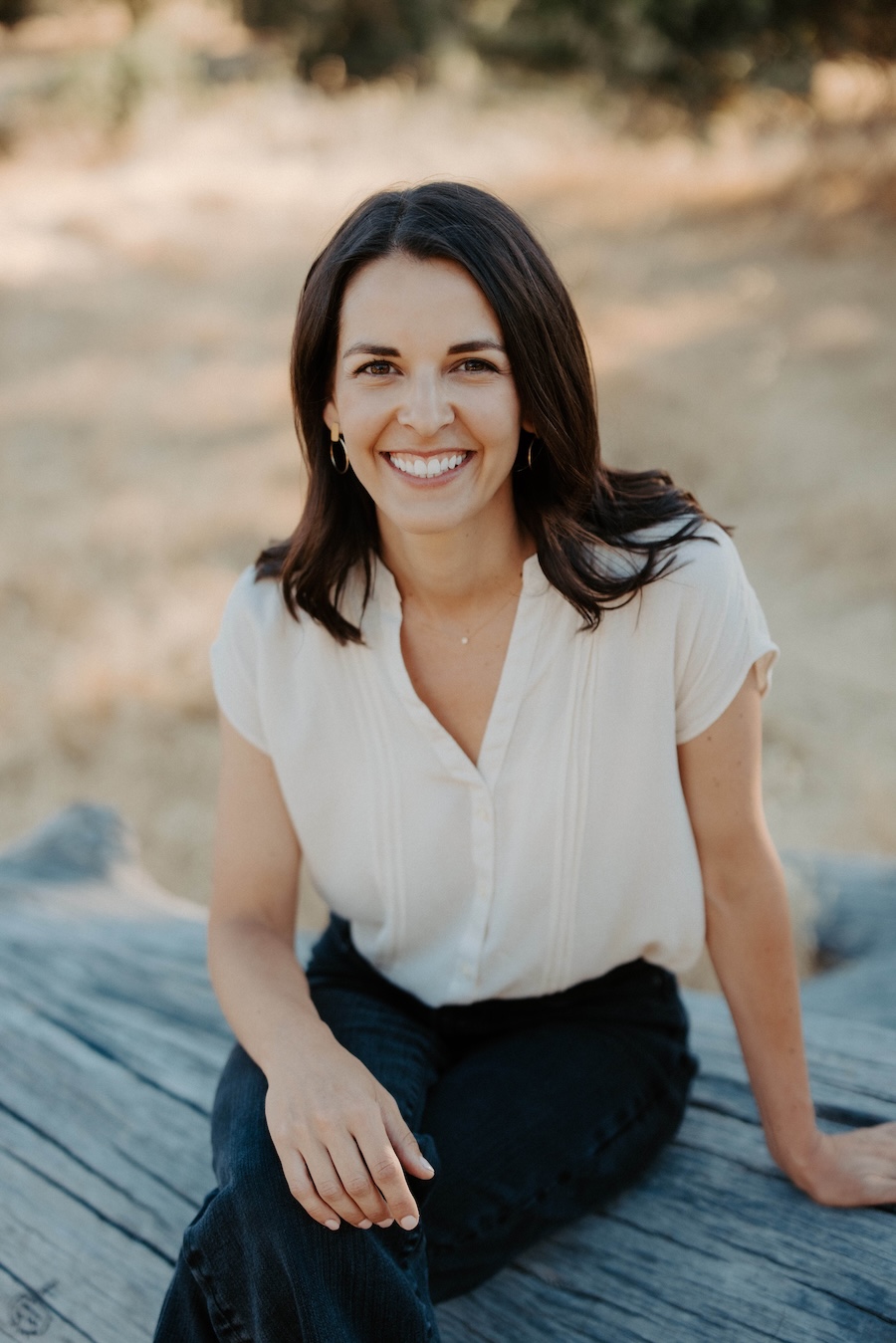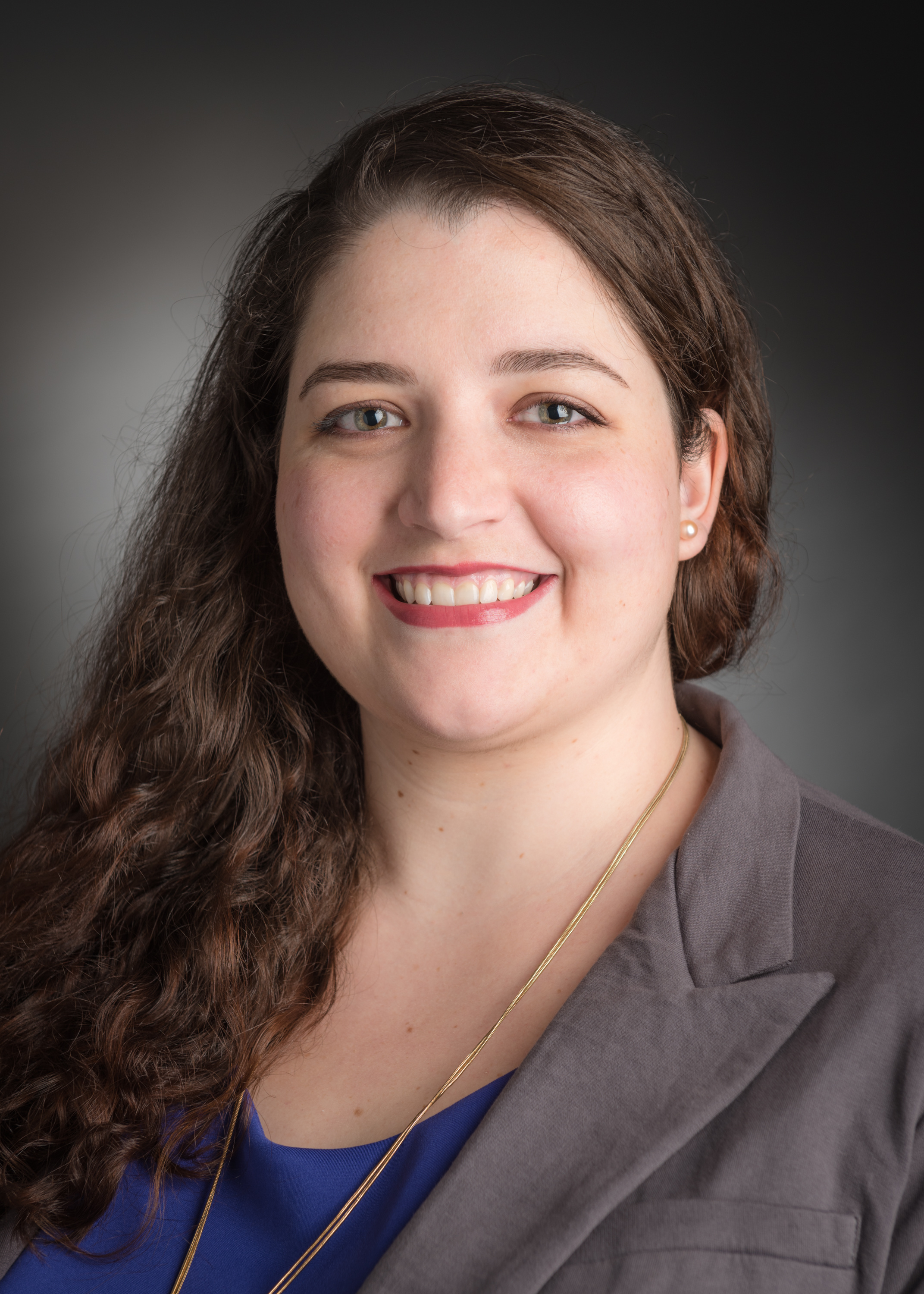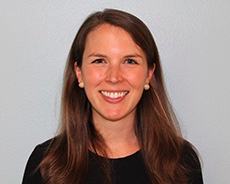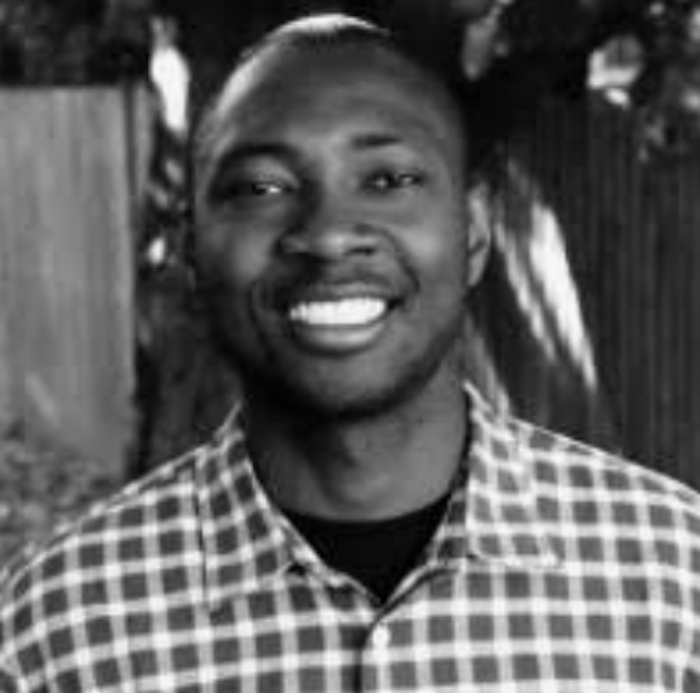What have you been up to since graduating from Bowdoin?
I am a pediatric psychologist specializing in the treatment of children and adolescents experiencing chronic pain, migraines, and other chronic medical conditions. My expertise lies in teaching kids cognitive and behavioral skills they can use to manage their physical symptoms and improve their quality of life.
After graduating from Bowdoin College, I earned my PhD in clinical psychology from USC and refined my subspecialty through a postdoctoral fellowship in pediatric pain psychology at Stanford Children’s Health. Over the last year, I transitioned from a career in academic medicine, where I directed the UCSF Benioff Children’s Hospital Pediatric Brain Center Psychology program for seven years, to my current role as co-founder and co-CEO of Streamind Health, an evidence-based digital behavioral healthcare program designed specifically for children with medical conditions and health concerns.
Why psychology?
I’ve always been interested in the flexibility of our thoughts and behaviors, and in the idea that we have the ability to change how we experience the world around us. Additionally, kids are hilarious, and I wanted to learn more about them through developmental psychology.
Are there any classes, professors, or experiences that had a lasting impact on you?
I had the privilege of completing my honors thesis with Samuel Putnam, Bowdoin's A. Myrick Freeman Professor in Social Sciences. Through his mentorship and support, I gained confidence in my ability to pursue my own academic passions. Additionally, my clinical psychology seminar with Dr. Julie Quimby sparked a specific excitement for therapy that has stayed with me.
What advice would you give to current students or recent graduates interested in your field?
I had never heard of pediatric psychology when I was at Bowdoin! Of course, set goals and work toward them, but once you begin the graduate and post-graduate school path, it can feel like there is one “correct” decision or accomplishment at each stage. Be open to learning from your own experiences along the way to discover the areas of work that truly inspire and motivate you.



